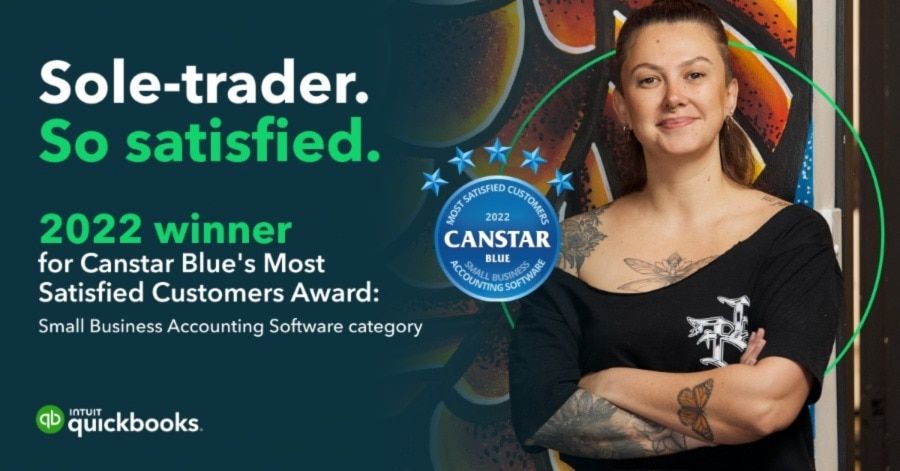How to Become a CFO - A Step-by-Step Guide
Becoming a CFO is a journey that combines education, experience, and leadership development. Here's a step-by-step guide to help you navigate this impressive career:
Get a Formal Qualification
No matter where you are with your journey, you’ll need at least a Bachelor's degree in finance, accounting, or economics. If you haven’t gotten your degree yet, it usually takes around three years of study full-time.
If you already have a degree, you may want to consider taking online short courses to hone your skills in areas typically undertaken by a CFO, like risk management and compliance.
Look for universities offering double degrees to help you improve your specialisation. Something like a combination of a Bachelor of Accounting with a Bachelor of Economics may be the right step if you want to become a CFO.
Obtain Industry Experience
Becoming a high-ranking accountant is all about experience. While you’re studying at University, you should actively look for internships at accounting firms or financial departments to help you gain practical experience.
From there, you can begin to look for entry-level jobs. Roles like an accounting assistant, financial analyst, or finance officer will give you the experience you need to develop your skills further.
Pursue Leadership Opportunities
Look for roles that provide opportunities for leadership and management experience, such as finance manager, financial controller, or audit manager.
Building people management skills is crucial as CFOs often lead and inspire teams.
Further Education
Consider pursuing a Master of Business Administration (MBA) or a Master of Applied Finance or Accounting to gain advanced skills and knowledge.
Many CFOs also become Certified Public Accountants (CPAs). Completing a CPA program, along with a recognised university degree, is often a requirement for entry.
Build Your Network
Networking is essential for any career advancement, including accounting. Networking goes beyond turning up to work. You need to attend industry events, join professional organisations with fellow accountants, and seek mentorship from current CFOs to boost your professional development over time.
















